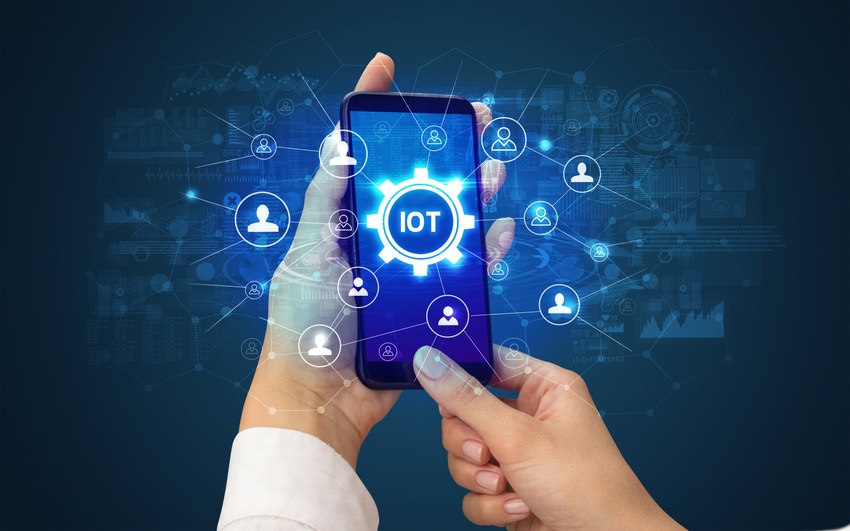The most profound change in global supply chains in the coming years will be digitalisation, and as such companies that embrace IoT solutions will find themselves ahead of the competition.
January 21, 2021

The most profound change in global supply chains in the coming years will be digitalisation, and as such companies that embrace IoT solutions will find themselves ahead of the competition.
This is according to a new Internet of Things predictions report from Telenor Connexion. The company, which as an IoT connectivity and cloud services provider has a vested interested in IoT uptake, partnered with Accenture’s Northstream to produce the third annual iteration of its IoT predictions report.
The broad conclusion it draws is pretty straightforward: the global trend towards supply chain digitalisation did not start as a result of the Covid-19 pandemic but was accelerated by it, and as such companies increasingly need data and connectivity.
“Therefore, companies will be increasingly turning to IoT solutions, and the ones that are ahead in their adoption will gain competitive advantage and financial returns,” it states.
The need for transformation in the supply chain was acutely felt last year as the pandemic exposed further vulnerabilities in companies’ global supply chains and manufacturing strategies, the report noted. While there is no one-size-fits-all solution across businesses, industries and global markets, all will need to make their supply chains more resilient, flexible to changing demands, and efficient, while simultaneously protecting the health of their employees.
The report lists a number of areas in which its authors believe the adoption of IoT solutions will increase, focusing particularly on manufacturing and distribution, where the benefits of mobile connectivity are most keenly felt. These include automation on factory floors and in warehouses, remote monitoring to boost manufacturing productivity, asset-tracking and fleet management.
All of which makes perfect sense, but with the report providing little in the way of fact or detail, Telenor Connexion might struggle to use it to pick up more customers.
Meanwhile, BICS has inked a partnership with French mobile operator SFR that will enable it to expand its NB-IoT connectivity, with the announcement mainly serving as platform for the company to talk up its own importance in the IoT ecosystem.
“We are leveraging our leading position in the market to provide greater choice and flexibility to the global IoT industry,” said Mikaël Schachne, CMO and VP Mobility & IoT at BICS. “By capitalising on our relationships with mobile operators around the world, BICS is uniquely placed to provide companies global 2G, 3G, 4G, NB-IoT and LTE-M connectivity to make IoT deployment simple, reliable, flexible and cost effective.”
And with the Covid-19 pandemic still raging, that’s what companies need.
About the Author(s)
You May Also Like







.png?width=300&auto=webp&quality=80&disable=upscale)

.png?width=300&auto=webp&quality=80&disable=upscale)
_1.jpg?width=300&auto=webp&quality=80&disable=upscale)



.png?width=800&auto=webp&quality=80&disable=upscale)